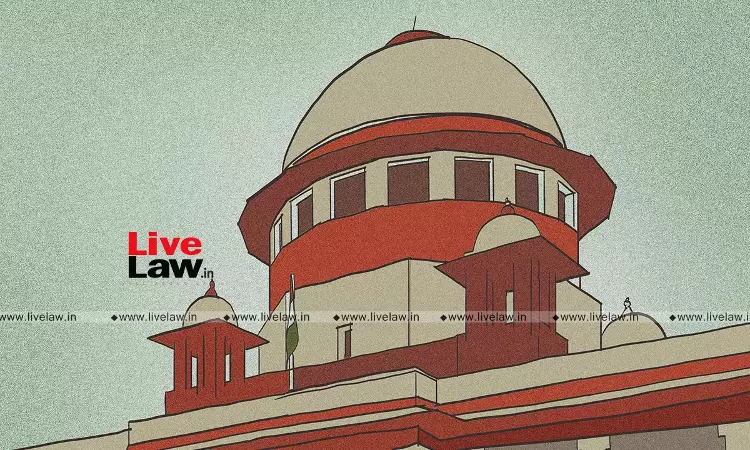Section 18 Of Limitation Act Applies To Public Premises Act : Supreme Court
Debby Jain
6 April 2025 12:07 PM IST

Next Story
6 April 2025 12:07 PM IST
In a case involving liability for demand raised under the Public Premises (Eviction of Unauthorised Occupants) Act, 1971, the Supreme Court recently applied Section 18 of the Limitation Act and granted benefit of extension of limitation to the lessor noting that there was acknowledgement of liability by the licensee within the limitation period of 3 years."The respondents cannot argue that...
